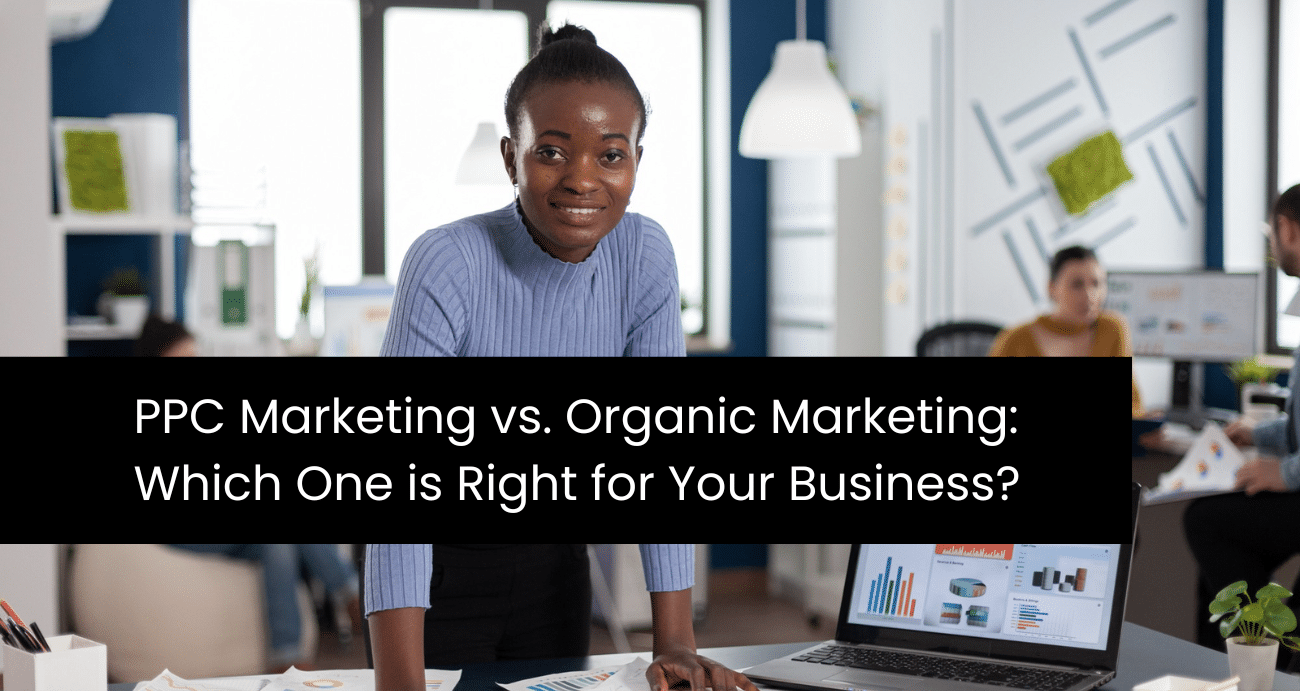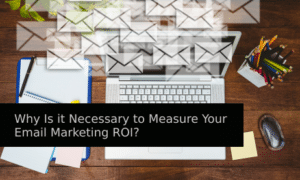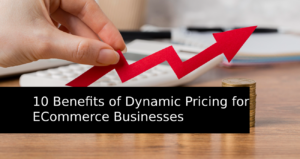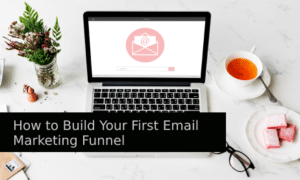As a business owner, you understand the importance of marketing for the growth and success of your company. However, with so many different marketing strategies available, it can be overwhelming and challenging to decide which approach is best for your business.
Two popular strategies are Pay-Per-Click (PPC) and Organic Marketing. PPC involves paying for ad placement on search engine results pages and other websites, while Organic Marketing focuses on improving your website’s ranking in search results through content marketing and other techniques. Both approaches have their advantages and disadvantages, and choosing the right one for your business requires careful consideration of your goals, budget, and target audience.
In this piece, we will explore the differences between PPC Marketing and Organic Marketing, and help you decide which one is the right fit for your business.
What is PPC Marketing?
PPC (Pay-Per-Click) Marketing is a form of digital advertising in which businesses pay each time a user clicks on one of their ads. These search ads are typically displayed at the top of search engine results pages, as well as on other websites and social media platforms. The goal of PPC marketing is to drive traffic to a website and generate leads or sales by targeting users who are searching for specific keywords related to the business’s products or services.

PPC marketing allows businesses to create targeted ads that appear to users who are already interested in what they have to offer, increasing the likelihood of conversion. Additionally, businesses have greater control over their advertising spend, as they only pay when someone clicks on their ad. This makes it a cost-effective option for businesses of all sizes, as they can set a budget that works for them and adjust it as needed.
How does PPC Marketing work?
PPC advertising works by bidding on keywords that are relevant to your business. When someone types one of those keywords into a search engine, your ad will appear at the top of the SERP. The cost of the ad depends on how many people click on it, which is why it’s called pay-per-click.
Advantages of PPC marketing
- Targeted audience: With PPC marketing, you can target specific demographics, locations, and interests, allowing you to reach your ideal audience.
- Immediate results: PPC ads can generate immediate results, with traffic and leads coming in as soon as the ad is published.
- Control over budget: You can set a budget for your ad campaign, ensuring that you don’t overspend on advertising.
- Measurable results: With PPC marketing, you can track the results of your ad campaign and make adjustments as needed to improve its effectiveness.
Disadvantages of PPC marketing
- Cost: PPC advertising can be expensive, especially if you’re targeting highly competitive keywords.
- Limited visibility: Your ad will only be visible as long as you’re willing to pay for it, which means that your visibility can disappear quickly if your budget runs out.
- Competition: You’re competing with other businesses for ad space, which can drive up the cost of advertising.
- Ad blindness: Consumers are becoming increasingly ad-blind, which means that they may not even see your ad even if it’s displayed prominently.
What is Organic Marketing?
Organic marketing is a marketing strategy that focuses on improving a website’s visibility and ranking in search engine results pages (SERPs) without paying for advertising. It involves optimizing your website’s content, structure, and other factors to make it more attractive to search engines and increase its relevance to the search terms that your potential customers are using. The goal of organic marketing is to generate traffic and leads from search engine users who are actively searching for products or services related to your business.
Common techniques used in organic marketing include search engine optimization (SEO), content marketing, social media marketing, email marketing, and other methods that aim to increase the visibility and credibility of your website. Unlike PPC marketing, which requires paying for each click or impression, organic marketing focuses on building long-term relationships with your target audience and creating sustainable growth for your business.
How does Organic marketing work?
Organic marketing works by creating high-quality content that is optimized for search engines. This means that when people search for keywords related to your business, your content will appear at the top of the search results. Organic marketing can also include activities such as social media marketing, email marketing, and influencer marketing.
Advantages of Organic marketing
- Long-term results: Organic marketing can generate long-term results, with traffic and leads continuing to come in even after the initial campaign is over.
- Cost-effective: Organic marketing can be more cost-effective than PPC advertising, as it doesn’t require you to pay for every click or impression.
- Builds trust: Organic marketing can help build trust with your audience, as it demonstrates that you are an authority in your field and can provide value to your customers.
- Better engagement: Organic marketing can generate better engagement with your audience, as it focuses on creating high-quality content that resonates with your target audience.
Disadvantages of Organic marketing
- Time-consuming: Organic marketing can be time-consuming, as it requires you to create high-quality content that is optimized for search engines and engage with your audience on social media.
- Slow results: Organic marketing can take time to generate results, as it can take weeks or even months for your content to rank on search engines.
- Requires expertise: Organic marketing requires a certain level of expertise in areas such as SEO and content marketing, which may require you to hire additional staff or contractors.
- Requires patience: Organic marketing can be a slow process, and it requires patience and persistence to see results.
Which One is Right for Your Business?
When deciding between organic and PPC marketing for your business, there are several important factors to consider. Here are some key points to keep in mind:
- Your budget: PPC advertising can be more expensive than organic marketing, as you’re paying for each click on your ads. If you have a limited budget, focusing on organic marketing may be a better option.
- Your timeline: If you need to see results quickly, PPC can be a good choice. With the right targeting and messaging, you can drive traffic to your site almost immediately. However, if you have a longer timeline and are willing to invest in building your online presence over time, organic marketing may be the way to go.

- Your target audience: Different types of customers may respond differently to organic and PPC marketing. For example, if you’re targeting younger consumers who are more likely to use ad blockers, organic marketing through social media or influencer partnerships may be more effective.
- Your industry: Some industries are more competitive than others when it comes to PPC advertising. If you’re in a highly competitive space, you may need to invest more heavily in PPC to get your ads seen. On the other hand, if your industry is less crowded, organic marketing may be enough to get the word out about your business.
- Your goals: Ultimately, the choice between organic and PPC marketing should be driven by your goals. If you’re looking to drive immediate sales, PPC may be the best option. If you’re looking to build long-term brand awareness, organic marketing may be more effective.
- Your keyword competition: If your target keywords are highly competitive in PPC, you may need to spend more to ensure your ads are seen. On the other hand, if your target keywords are not as competitive, you may be able to get more clicks for less money.
- Your website’s SEO: If your website is already well-optimized for search engines, you may be able to see better results from organic marketing. However, if your website needs some work, investing in PPC advertising can help drive traffic while you work on improving your SEO.
- Your target location: If you’re targeting a specific geographic location, PPC advertising can be a good way to ensure your ads are seen by people in that area. However, if your target audience is more dispersed, organic marketing may be a better way to reach them.
- Your competition: If your competitors are heavily invested in PPC advertising, you may need to invest more to keep up. However, if your competitors are not focusing on organic marketing, you may be able to gain an advantage by building up your online presence through content marketing and social media.
- Your long-term goals: While PPC advertising can be effective in driving immediate sales, it’s important to consider the long-term implications of your marketing strategy. Investing in organic marketing can help build a loyal customer base over time, while also improving your website’s search engine rankings and overall online visibility.
Choosing the Right Strategy
The right marketing strategy for your business will depend on your specific needs and goals. If you have a limited budget and want to build long-term brand awareness, organic marketing may be a better option. If you have a specific target audience and want to generate immediate traffic and leads, PPC marketing may be a better option.

For example, if you’re a new e-commerce business selling a unique product, you may want to invest in a combination of PPC and organic marketing. Use PPC to drive immediate sales, while also building up your social media presence and working with influencers to create buzz around your brand. Over time, as your brand becomes more established, you can shift your focus more towards organic marketing.
Ultimately, the best approach is to test both strategies and see which one works best for your business. By analyzing the results of your campaigns, you can make informed decisions about where to invest your marketing dollars.
Conclusion
PPC marketing and organic marketing are both fantastic options for businesses looking to promote their products or services online. While both strategies have their advantages and disadvantages, the key is to choose the right approach based on your business needs and goals.
With an understanding of the differences between PPC marketing and organic marketing, you can make an informed decision about which strategy to pursue and which strategy fits your business at its current stage.




